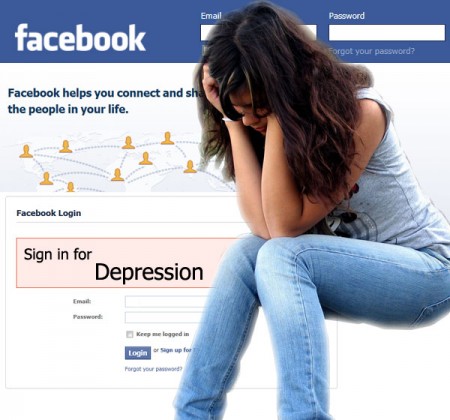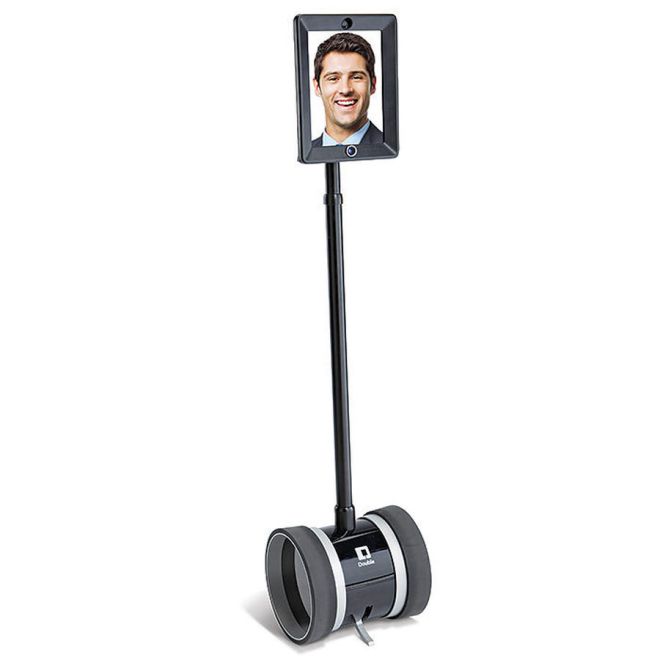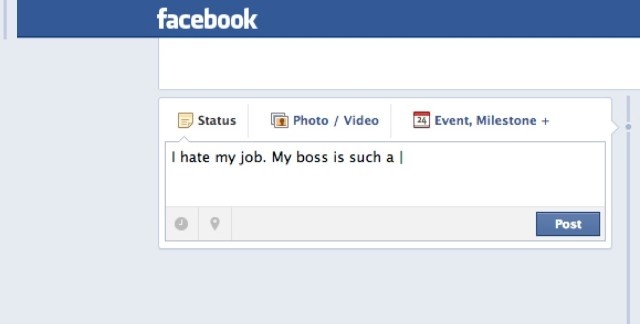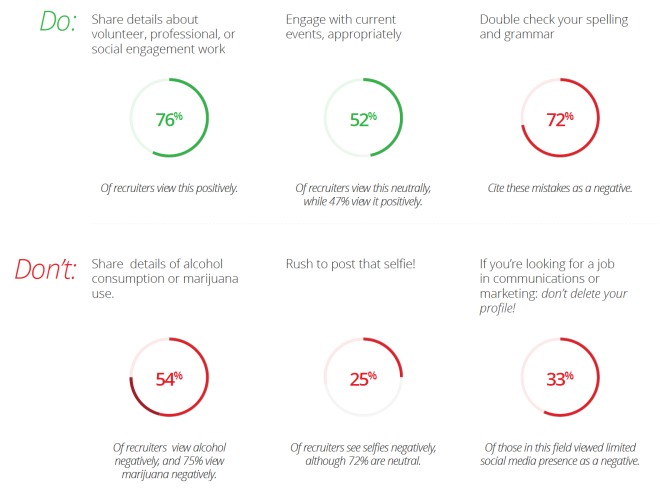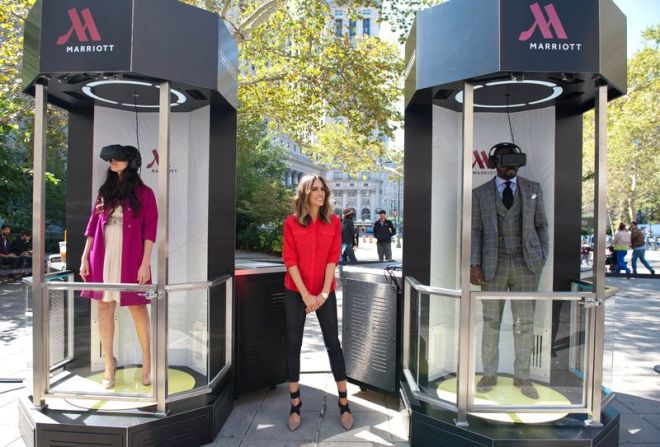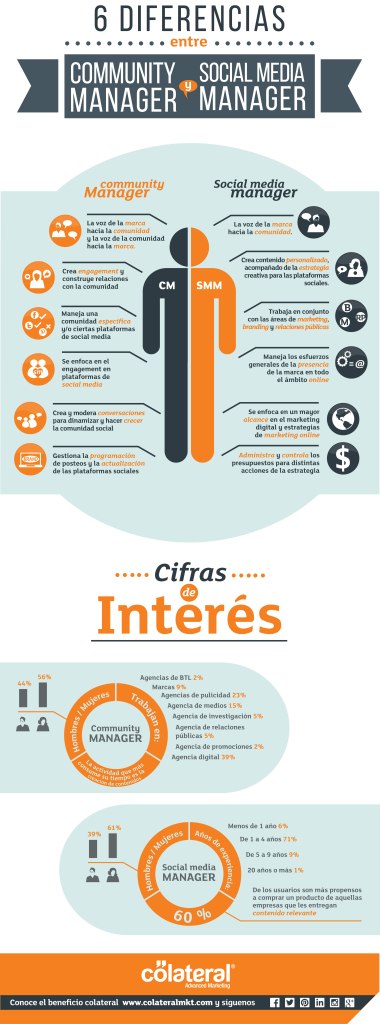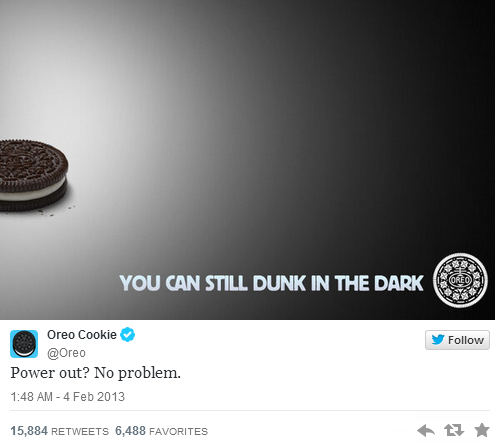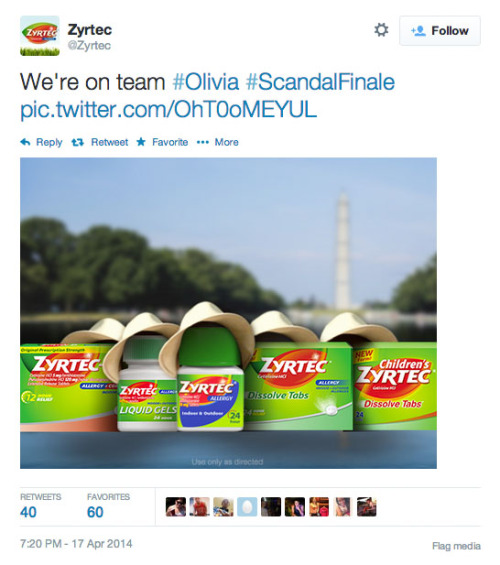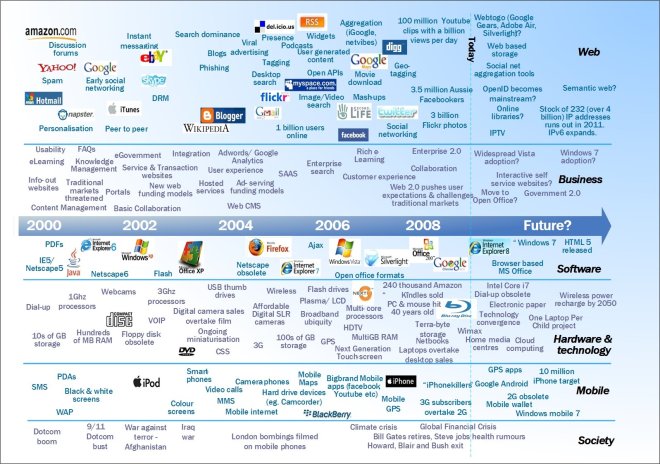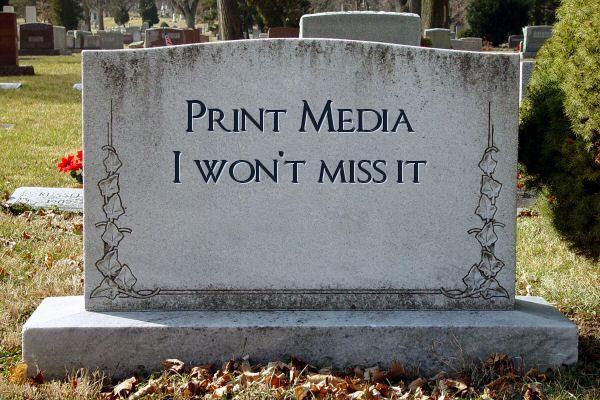Believe it or not, there are people who actually sue Facebook because it “caused” their partner to cheat. Or to lie. Or it led to an impending breakup. The list goes on and on.
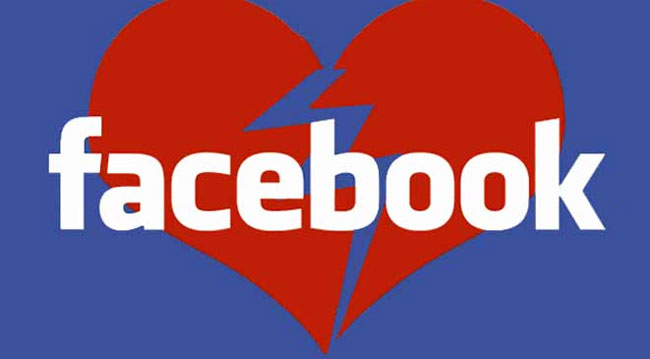
Retrieved SantaBarbara.com
Googling “Facebook and cheating” or “Facebook and relationship failure” pulls up literally thousands of results. Yes, literally thousands. Even relatively scientific studies in nature have been conducted to investigate this phenomenon.
Recent studies show that:People are more likely to “stalk” their partner’s ex via Facebook, which has been linked to “Facebook-induced jealousy” and arguments between partners
- People are more likely to reconnect with exes, crushes, or “flings of the past” and significantly increases the chance of an emotional affair or cheating.
- Facebook makes it “easier” for people to cheat because it’s easy and generally starts relatively innocent. You can chat with someone free of charge and involves a degree of distance. These innocent interactions can quickly involve into something much more dangerous.
- We get a lot of attention via Facebook. Even something as simple as a photo compliment from someone we perceive as more attractive as our partner is linked to a “the grass is greener over there” mindset
So, I have to ask. Is there any validity in such dramatic claims? I’ve always been a proponent of if you’re a cheater, you’re a cheater. If you’re a liar, you’re a liar. “Easier access” to “the goods” or temptation via Facebook is no excuse to misbehave. I don’t think that “new media made me do it” is a valid excuse that I would ever buy from a partner. Nevertheless, I do see the possibility of temptation, particular from the standpoint of an emotional affair. How do we know when an innocent Facebook chat with an old friend has become inappropriate and crossed the line?
Facebooking is great for those who are never, ever, under any circumstances, going to cheat on their partner. It’s also great for cheaters who are going to cheat either way—Facebook just makes it easier. Facebook represents a serious problem for folks like me—the teeterers. By that I mean those of us who are not 100 percent likely to cheat, but who might, unintentionally, teeter on fidelity’s edge. Facebook is to teeterers what a bar is to recovering alcoholics. Don’t go there!
Anonymous
When I used to work at the matchmaking agency, I always used to tell clients that a relationship has become inappropriate if you wouldn’t feel comfortable sharing the details of your conversation with a spouse or significant other. I’m not saying that you should – your Facebook conversations are private and a certain degree of privacy should remain in a healthy relationship. However, if your conversations are becoming excessive or to a point where you hide them from your partner, you might be “teetering” on infidelity.
I think technologies like Facebook make it easier for us to cross the line into infidelity somewhat. The ease of access and ability to get into more trouble, more easily has often been credited towards the destruction of a relationship. I don’t believe that for a second. Just as some guilty parties caught in the data leak scandal blamed AshleyMadison.com for offering them a platform to cheat, you can’t say your bad behavior was because of Facebook. In life, we consistently make choices.
We need to be more careful with our behavior on Facebook. We need to consistently ask ourselves if we are behaving appropriately. How would I feel if my partner was consistently stalking my ex-boyfriend online, or telling random girls personal dreams and desires on Facebook he would never tell me?
Regardless of the certain degree of distance and anonymity we find on Facebook, it doesn’t make bad behavior any less bad. There isn’t a course in Appropriate Relationship Behavior on Facebook 101 you can take at your local community college. The rules aren’t set in stone. In a way, that’s kind of cool. You can use it as an opportunity to talk to your partner about boundaries and behavior.
This includes the possibility of a joint Facebook account, which I personally think is totally creepy and weird and the only time I find it cute is my great aunt and uncle who have one because they’re 90 and adorable.
(And yes, I do think that in most cases a joint account was the result of cheating. If you can’t even trust someone to not cheat on you again that you have to consolidate your online presence, is that a healthy relationship? Just my two cents.)
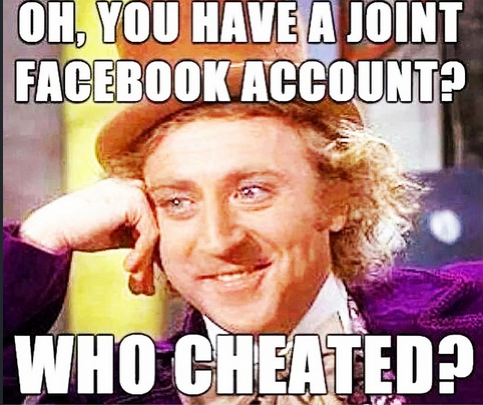
Retrieved from Hot97.com
Emerging media technologies offer incredible opportunities for us to re-connect with others, keep in touch with family and friends – and even (yes!) potentially meet the love of our life we wouldn’t have met otherwise. If you say that social media was the main cause of the destruction of your relationship, maybe it’s time to log off and evaluate other life choices.

